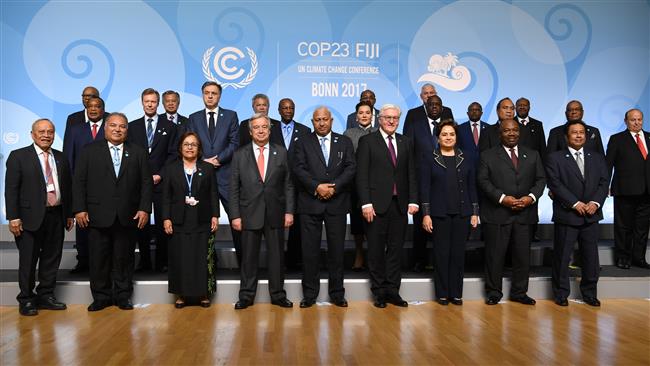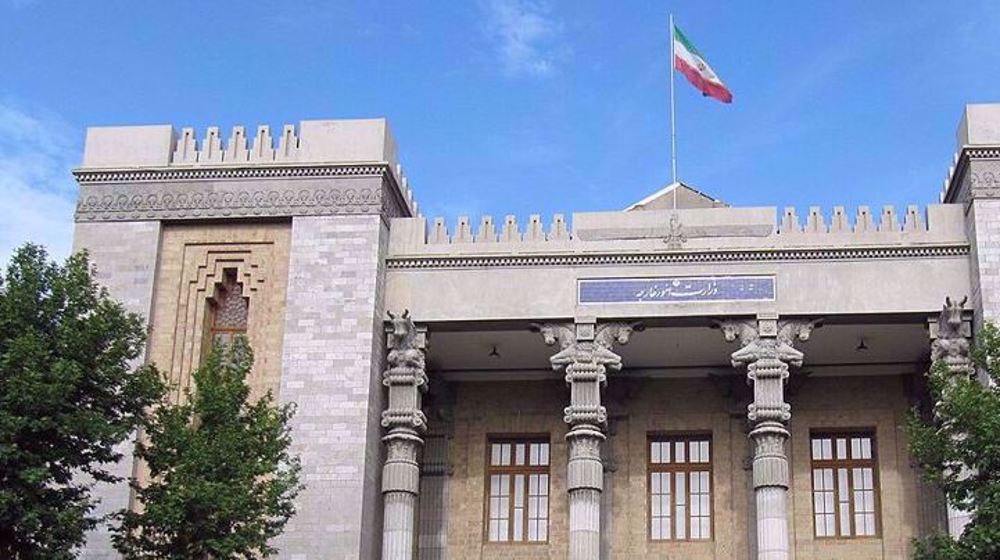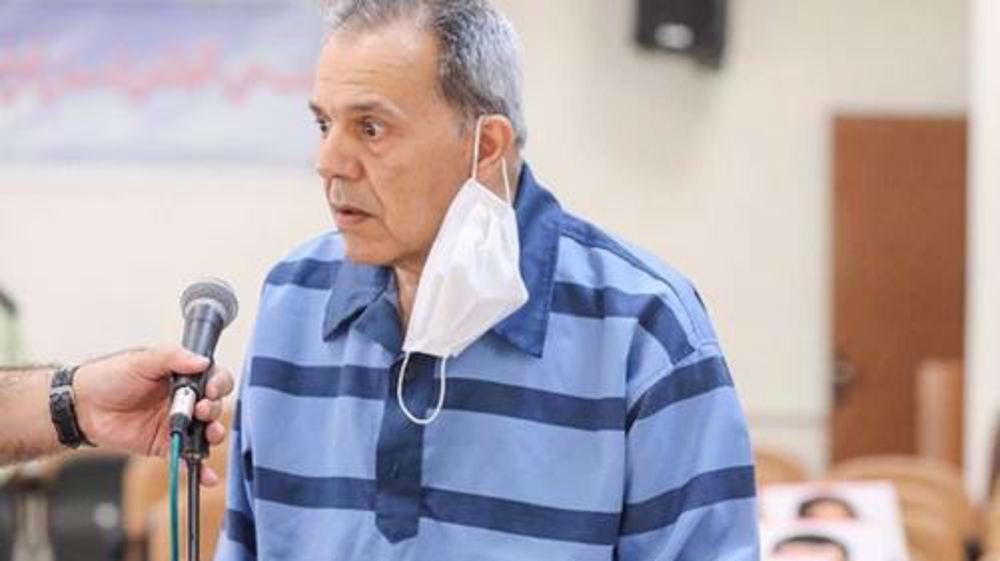Governments keep global climate deal on track despite US pullout
Negotiations to bolster the climate-saving Paris Agreement, crafted over two decades, closed in Bonn Saturday, deflated but not derailed by Donald Trump’s rejection of the treaty and defense of fossil fuels.
The US president’s decision to yank the United States from the hard-fought global pact cast a long shadow over the talks, which ran deep into overtime. Negotiations were marked by revived divisions between developing countries and rich ones.
With a wary eye on America, which sent negotiators to a forum it intends to quit, envoys from nearly 200 countries got on with the business of designing a “rule book” for enacting the agreement, which enters into full force in three years’ time.
“The Trump administration failed to stop the global climate talks from moving forward,” said Greenpeace observer Jens Mattias Clausen.
Closing two weeks of talks, negotiators agreed in the early hours of Saturday to hold a stocktake in 2018 of national efforts to cut fossil fuel emissions.
The Paris treaty calls for limiting average global warming to "well under" two degrees Celsius (3.6 degrees Fahrenheit) compared to pre-industrial levels, or 1.5 C if possible.
Anything over 2 C, experts say, dooms the world to calamitous climate change, with more extreme superstorms, droughts, floods, and land-gobbling sea level rise.
A report this week warned that emissions of carbon dioxide, the main planet-warming gas, were set to rise by two percent in 2017 after three years of hardly any growth.
“Starting now, emissions need to decrease to zero over the next 40 years to prevent us breaching the 1.5 C threshold,” Piers Forster, a professor of climate change at the University of Leeds, said.

Nations have submitted voluntary emissions-cutting commitments under the Paris pact championed by Trump’s predecessor Barack Obama.
But scientists say current pledges place the world on course for warming of 3 C or more, and counsel an urgent upgrade of the global commitment to phasing out greenhouse gases produced by burning coal, oil and natural gas.
Act, soon
The United States, which under Trump has slashed funding for climate bodies and projects, took a tough stance in the finance negotiations in Bonn, a position that angered some delegates.
Adding to the tension, White House officials and energy company executives hosted an event on the conference margins to defend the use of fossil fuels.
On Thursday, 20 governments from both wealthy and developing nations, led by Britain and Canada, countered with the launch of a coal phase-out initiative.
The United States is the world's biggest historical greenhouse gas polluter, second only to China.
“In a year marked by extreme weather disasters and potentially the first increase in carbon emissions in four years, the paradox between what we are doing and need to be delivering is clear,” WWF climate head Manuel Pulgar-Vidal said of the talks.
“Countries must act with greater climate ambition, and soon.”
Observers hope that the “One Planet Summit” hosted by French President Emmanuel Macron in Paris on December 12 will boost momentum.
Macron has invited some 100 heads of state and government, but not Trump, as well as business leaders, to discuss finance for climate projects.
(Source: AFP)
Malaysia working on resolution to expel Israel from United Nations
Israeli military made no territorial gain in Lebanon: Report
VIDEO | 70 Palestinians killed in Israeli strikes across Gaza Strip
US Election Day: First votes cast in New Hampshire
Nov. 4: ‘Axis of Resistance’ operations against Israeli occupation
Britons demand release of pro-Palestine activists
VIDEO | Israel's unwinnable war in Lebanon
Non-aligned nations condemn Israeli violation of Iran's sovereignty










 This makes it easy to access the Press TV website
This makes it easy to access the Press TV website